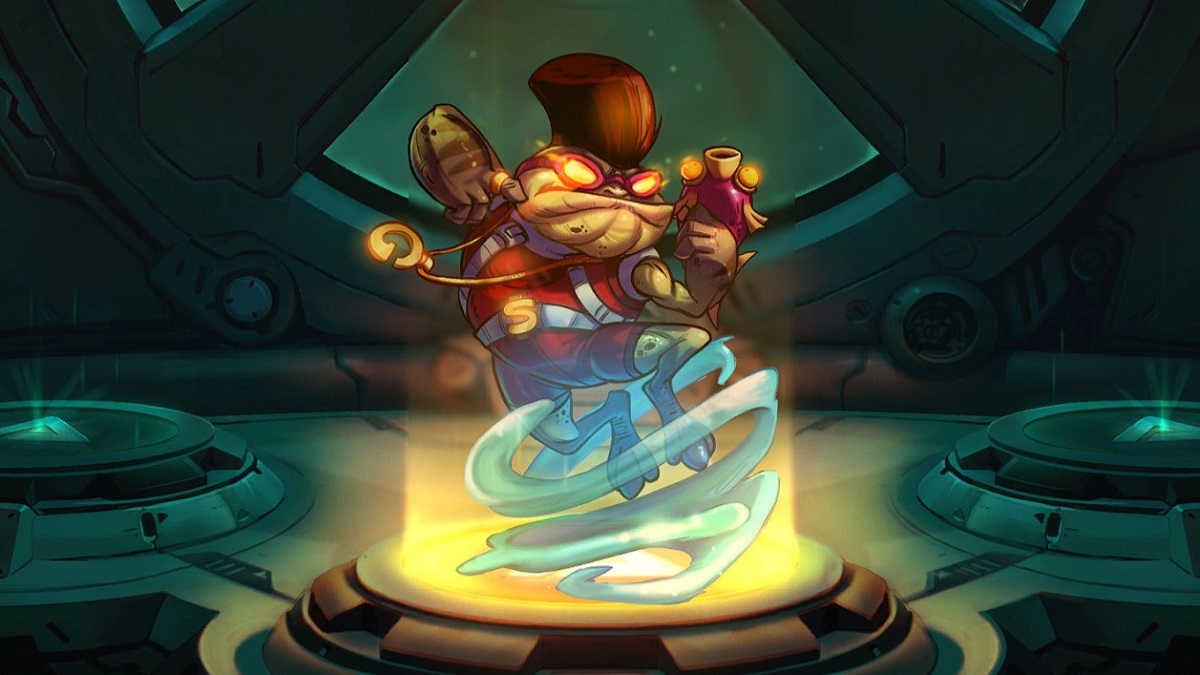[Update: David Lowey has provided some clarification on Atari’s reasoning behind acquiring these properties:
“We do think Awesomenauts and Swords & Soldiers are both strong games, and they were on Wade’s radar. When we found out that they were available it made the decision to acquire them easier.
Both games show off Ronimo’s sense of humor, their ability to create compelling characters and stories, and their game design. They were received very positively when they were released, and they continue to support an active player base and community of fans. So, we think they are a good addition to Atari’s portfolio, and we will explore ways to continue to support and commercialize the existing games and the underlying IP.
We have only announced the acquisition of the games, trademarks, and the underlying intellectual property. As of now, we have nothing to share regarding ongoing collaboration with the team members at the studio.”
Fair enough! Our original story follows.]
Atari has announced that they’ve acquired a few high-ish profile properties from Ronimo Games. Notably, these titles include Awesomenauts and Swords & Soldiers.
The press release sounds like those two games were the cream of the crop, but the only other property I really know Romino owns is BlightBound. Awesomenauts is a 2012 MOBA, and is probably the closest I’ve come to enjoying a MOBA. I didn’t, but I almost did. As is common for MOBAs, it had a tonne of DLC cosmetics. It’s still going as a free-to-play title to some extent, but since it’s over a decade old, the player base has cooled, and it’s not as popular as it once was.
Swords & Soldiers was first announced as a WiiWare game back in 2009, and stood out because there was never a whole lot on WiiWare. It was eventually rescued and ported to other platforms. In 2015, it got a sequel, which was Swords & Soldiers II: Shawarmageddon. I never played either title, but now I’ve got a mighty craving for shawarma.
What puzzles me is why Atari wanted these properties. The current version of Atari is going through a period of acquisitions to try and focus its strategy. Part of the strategy is doing smaller budget titles, so these fit that bill, but it’s still interesting that they bought these properties in particular instead of, say, Romino itself. Did Ronimo need the money, and Atari saw the opportunity? Did key staff move to Atari and want to continue working on their established series? Is CEO Wade Rosen a fan of these games?
I’ve reached out to my person on the inside to see if they can deobfuscate things and will update this article if they get back to me with some interesting information.








